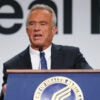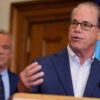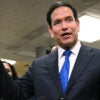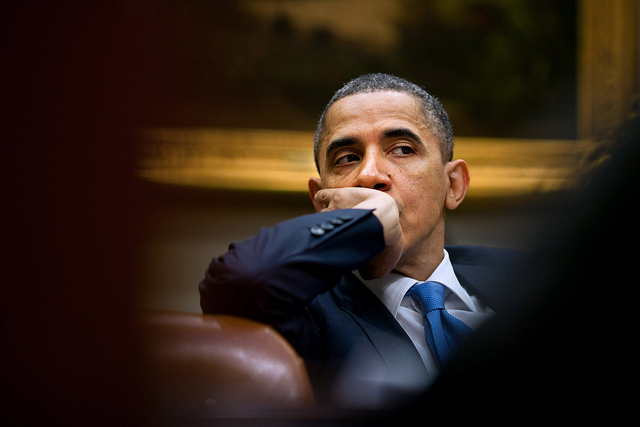The cleverest spin to come from the Left these days has been that not working—or working less—is a great thing for Americans.
A recent Congressional Budget Office revealed that there will be the equivalent of 2.3 million fewer workers joining the labor market over the next decade as a direct result of Obamacare. Clearly a bad thing….right? No, say many progressives, including White House Press Secretary Jay Carney and Senate Majority Leader Harry Reid (D-NV), who are praising this development as “liberating” because it will “empower individuals to make choices about their own lives and livelihoods….and would have the opportunity to pursue their dreams.”
This is a remarkable statement because it provides us with a great window into a liberal’s mindset: Not working—while depending on the government—is not necessarily a bad thing. In the case of Obamacare, health care subsidies will mean more and more Americans will no longer feel compelled to find employment.
This thinking is incredibly scary, because it chips away at the American value that work is honorable and good. As Congressman Jim Jordan (R-OH) recently said at Heritage Action for America’s Policy Summit, it’s sad to see “one of the two major parties now, I would say, step over the line and embrace this idea that somehow it’s good that people work less.”
In fact, this Administration has been at this for years, easing employment requirements for government assistance programs. Requiring people to work or seek work while receiving taxpayer assistance is good policy, and it is an idea supported by a plurality of Americans. What’s more, encouraging work while drawing government assistance has been proven to reduce poverty. As President Ronald Reagan said, “The best social program is a job.”
With unemployment close to 7 percent, it is more and more difficult for Americans to find those jobs they desperately need, and many have simply stopped looking for work. As Heritage expert James Sherk has concluded: “Today over 5.7 million fewer Americans are working or looking for work. This drop in labor force participation accounts for virtually the entire reduction of the unemployment rate since 2009—those not looking for work do not count as unemployed.”
In other words, the official 7 percent unemployment rate is actually misleading.
Additionally, according to The Wall Street Journal, one in six men age 25 to 54—prime working years—doesn’t have a job. Contrary to the misguided notion that Americans find not working liberating, the article quotes 29-year-old Kenneth Gilkes, Jr., saying: “Sometimes I get discouraged, but honestly I can’t stop applying….Everyone tells me that there is light at the end of the tunnel.”
And yet the message from the White House seems to be: If you are looking to join the workforce… are you sure?






























